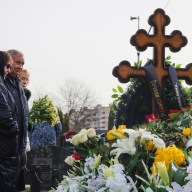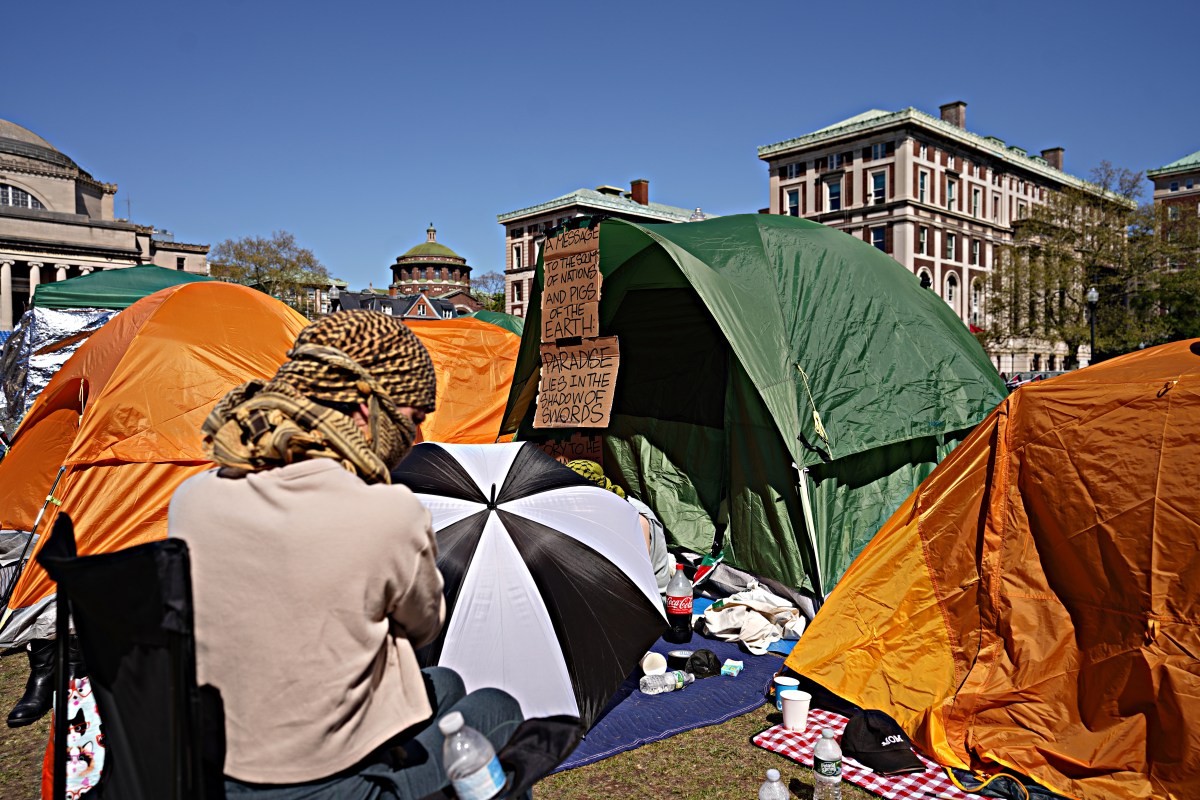 Romantic love in four words: “being good to someone.”
Romantic love in four words: “being good to someone.”
Credit: Phoebe Jones
Ever since the New York Times started its “Modern Love” column nearly 10 years ago, editor Daniel Jones has been inundated with love stories. From the unbelievably romantic to the flat-out unusual, he’s pretty much seen it all.
Though he says he doesn’t have all the answers to love’s big questions, Jones has learned a thing or two about the subject, which he’s sharing in his new book, “Love Illuminated,” which was released last week. In honor of Valentine’s Day, we called up Jones and got him to share some of the biggest love lessons he’s learned after reading the roughly 50,000 love stories that have landed in his inbox.
If the idea of dating overwhelms you, get offline.
“There’s this belief that the more people you meet or go out with, the more chance you have of finding that one special person,” Jones says. “But from what I’ve seen, people have much better luck starting with a small group instead of searching for that perfect person within dozens and dozens.” Jones tells us that even with the popularity of online dating, people are still falling in love the same way people did in the past: by meeting people through friends, work or hobbies. “Less is more,” he says. “Go on a trip with a small group of people or join a club based on your interests.”
If whenever you meet someone great you still have the sneaking suspicion that someone even better is out there, Jones again makes the case against online dating. “Everything about online dating is encouraging you to seek perfection in someone. … Someone you fall for in real life may be the least likely person you’d choose if you saw him or her online,” he says.
 “Love Illuminated” is out now.
“Love Illuminated” is out now.
Recognize the difference between a sign and a coincidence.
One thing Jones has noticed is that even though finding love is getting more mathematical and scientific, people are grasping onto signs of fate more than ever. So how do you know if something is truly a “sign” that you’ve found the perfect person? “A sign is meaningful if it says something about you or what you want in a relationship,” Jones says. Sharing the same birthday or having a random friend in common doesn’t say anything about you; it’s just a coincidence.
There’s no substitute for physical chemistry.
Thousands of people have written to Jones about falling in love online before meeting in person. While not doubting the very strong emotional bonds made, he warns it doesn’t always translate into physical chemistry, even when you expect it to. “Sharing your deepest emotions online just feels so close, but it’s not,” he says. “It’s a controlled relationship that only exists in one narrow area. A real relationship involves the whole person.”
Fragmented relationships can be fulfilling… but not forever.
“In the dating world, it’s easy to break yourself up into pieces and have sex with someone without caring about that person and then have a really deep connection with someone you don’t have sex with,” Jones says. And it isn’t always a bad thing; it just shows you aren’t ready to be in a full relationship. “When you’re in school, in your first job or your 20s, not everyone wants the responsibility of a full relationship,” he explains. But if you do want the real thing, you have to give it your all.
Follow Emily on Twitter: @EmLaurence















